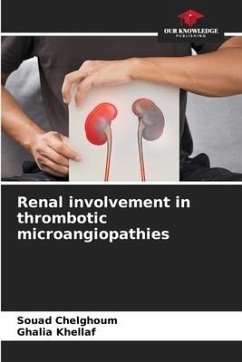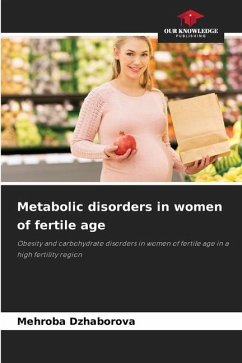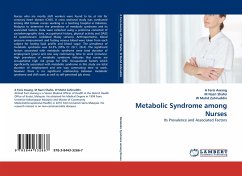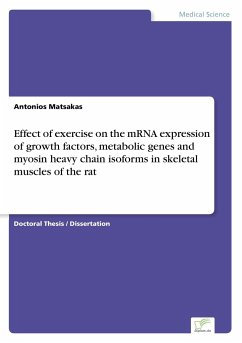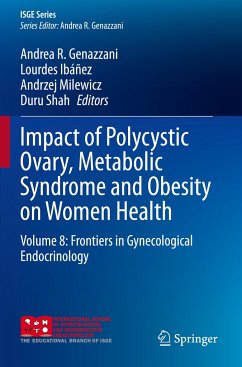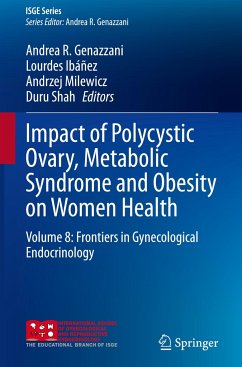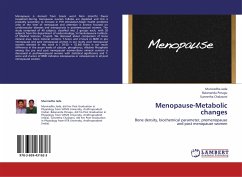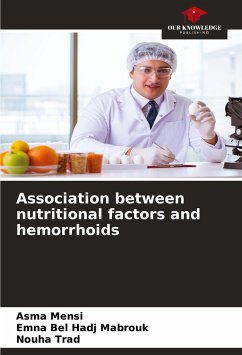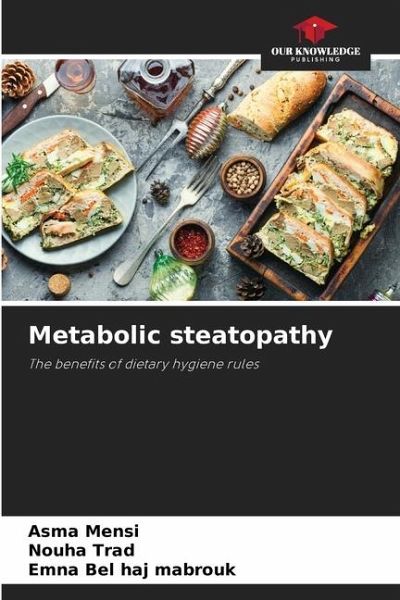
Metabolic steatopathy
The benefits of dietary hygiene rules
Versandkostenfrei!
Versandfertig in 6-10 Tagen
29,99 €
inkl. MwSt.

PAYBACK Punkte
15 °P sammeln!
The management of metabolic steatopathy is based on hygienic-dietary rules. Our aim was to evaluate the impact of hygienic-dietary rules in the course of this hepatopathy. We conducted a prospective study, which included patients with non-alcoholic fatty liver disease. Dietary habits were assessed using a food history survey accompanied by a frequency questionnaire.Analysis of the dietary survey showed a mean total energy intake of 2815.93 kcal/d. Mean carbohydrate, fat and protein intakes were 57%, 31% and 12% respectively.Reassessment of patients, after a mean delay of 5 months, showed a red...
The management of metabolic steatopathy is based on hygienic-dietary rules. Our aim was to evaluate the impact of hygienic-dietary rules in the course of this hepatopathy. We conducted a prospective study, which included patients with non-alcoholic fatty liver disease. Dietary habits were assessed using a food history survey accompanied by a frequency questionnaire.Analysis of the dietary survey showed a mean total energy intake of 2815.93 kcal/d. Mean carbohydrate, fat and protein intakes were 57%, 31% and 12% respectively.Reassessment of patients, after a mean delay of 5 months, showed a reduction in weight, and improvements in liver, lipid and blood sugar levels. This variation was not significant. In conclusion, nutrition education and physical activity play an important role in the management of non-alcoholic fatty liver disease.



